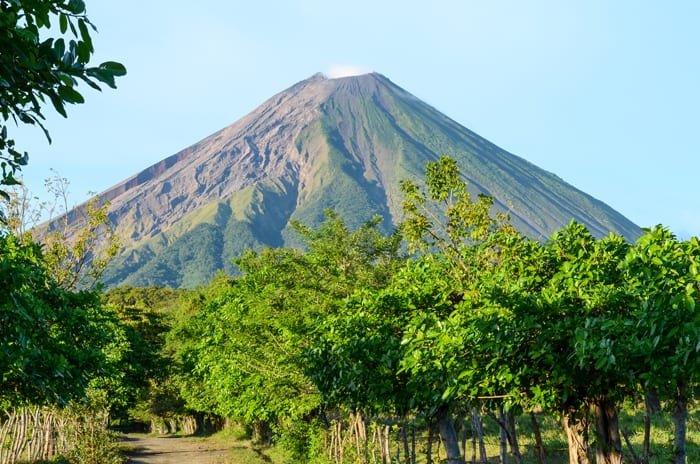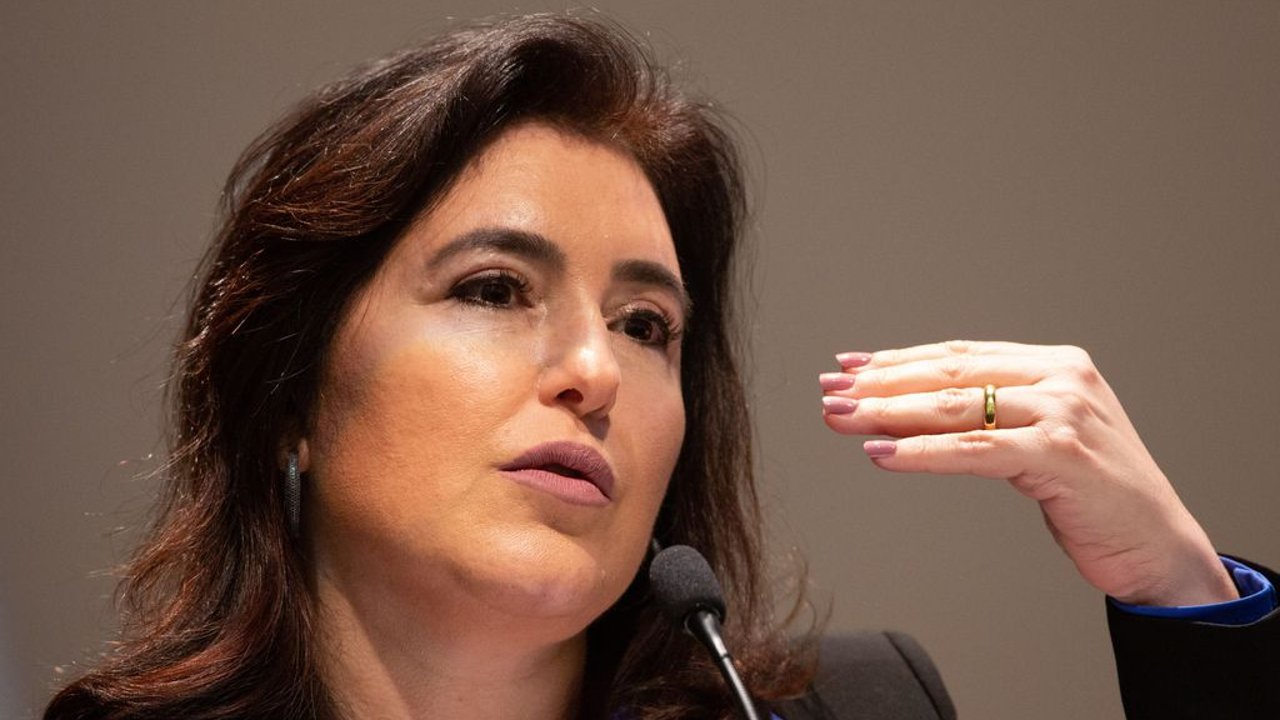The United States warned its citizens on Saturday about the risk of investing in Nicaragua following the recent approval of a border security law that the U.S. government and Nicaraguan opposition in exile denounce as a “massive confiscation” of property.
Nicaragua’s National Assembly, controlled by co-presidents and spouses Daniel Ortega and Rosario Murillo, approved on Tuesday a law that turns into “state property” the 15 kilometers “inward” from its borders with Honduras and Costa Rica, as a “national security” measure to combat “organized crime and international drug trafficking.”
Although the Nicaraguan government stated in official media that the law “does not affect” residents in the border strip, Nicaraguan opposition members in exile warned that it amounts to a confiscation plan.
“The Murillo-Ortega regime’s massive confiscation of lands within the 15 kilometers adjacent to Nicaragua’s borders devastates dozens of communities and puts the lives and livelihoods of thousands at risk,” the U.S. Embassy in Managua said on X.
The mission warned that “any U.S. citizen thinking about investing in Nicaragua should be cautious,” echoing a message from the U.S. State Department’s Bureau of Western Hemisphere Affairs.
Exiled in Spain, former Nicaraguan guerrilla commander Dora María Téllez — once an ally of Ortega — accused the Nicaraguan co-presidents on X of promoting a “large-scale confiscation” to support “their mining business” with Chinese companies.
Meanwhile, Nicaragua’s Peasant Movement, whose leaders are exiled in Costa Rica and the United States, rejected the new border law, stating that “it is yet another confiscation process” that disrupts “demarcated and titled indigenous and Afro-descendant territories.”
Ortega, a 79-year-old former guerrilla, served as president of Nicaragua from 1985 to 1990 and returned to power in 2007. Together with Murillo, 74, he has maintained tight control over Nicaraguan society since 2018, the year of widespread anti-government protests.
The crackdown on the demonstrations — which Ortega and Murillo called a “coup d’état” promoted by Washington — left more than 300 dead, according to the UN.




